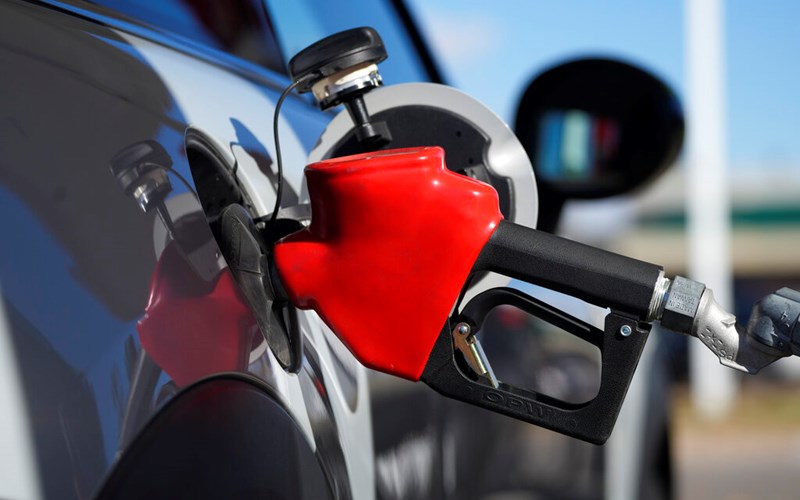Patrick De Haan of GasBuddy, a tech company that operates apps and websites based on finding real-time fuel prices, says prices will go up in the spring and likely fall back in the fall. But on the whole, the organization predicts the average household is likely to spend about $277 less on gasoline in 2023 compared to 2022.
"We expect the yearly national average will drop from $3.96 to about $3.49," he tells AFN. "But again, prices will start to go up in the spring as they always do, and it's possible that the national average does go above the $4 a gallon mark for part of or most of the summer driving season."
GasBuddy looks at "everything in the market that could touch on supply and demand" to make its forecast.

He lists factors like "COVID and China and how China's reopening, policy at OPEC (the Organization of the Petroleum Exporting Countries), the Russian war in Ukraine, sanctions from Europe on to Russian oil, refining outlets, the price of oil, the global balance of supply and demand, and global inventories."
Meanwhile, going into the weekend with a national average of around $4.67 per gallon – which was less than the record of $5.81 set on June 19 – diesel prices will probably remain a struggle in the new year.
"It costs certainly a significant premium over that of gasoline right now," he asserts. "As additional refining capacity comes on overseas, we project that over the next 12 months, the gap between diesel and gasoline will improve, but diesel prices also could remain stubbornly high – in the mid to upper $4 a gallon range for a portion of the year until there is some improvement."
The ongoing war in Ukraine is also expected to have "an oversized effect on the price of diesel moving forward with more volatility in the price of diesel than compared to gasoline."
De Haan goes on to assure consumers that diesel prices affect everyone.
"Regardless of whether you fill up with diesel or not, you're likely paying the cost in the goods you buy, the groceries you buy; really everything moves by diesel fuel," he says. "It is really the fuel that powers the economy."
Diesel customers were paying around $3.57 on average going into January 1, 2022.







